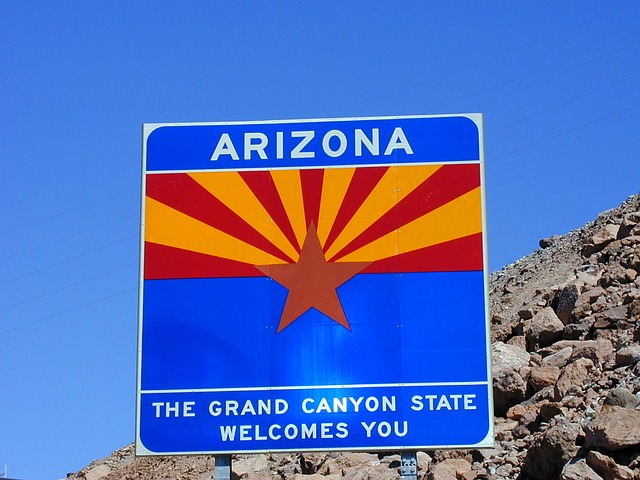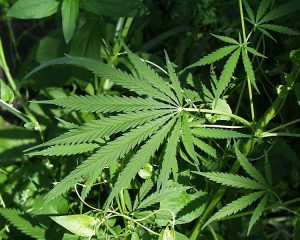A marijuana legalization campaign in Arizona is nearing its goal of obtaining 150,000 valid signatures in order to get on the November ballot.
The initiative would ask Arizona voters to legalize marijuana for recreational use and establish a network of licensed cannabis shops where sales of the drug would be taxed.
The “Campaign to Regulate Marijuana Like Alcohol” is only a few thousand signatures away of gathering the 150,642 signatures it needs to qualify for the ballot, according to spokesman Barrett Marson on Wednesday. He also said that some signatures are likely invalid as it could be collected from people who cannot vote and the group aims to collect about 225,000 signatures.
Marson added: “Arizonans are clearly excited about this initiative.”
Many other individuals and groups are not so pleased about the initiative, including a group that has been educating the public about the negative effects of pot on children and society. The Arizonans for Responsible Drug Policy has pointed to news articles and statistics and a new U.S. Department of Health and Human Services survey that shows Colorado as a leading state of the nation regarding past-month cannabis use following its successful legalization in 2012.
Under the proposed Regulation and Taxation of Marijuana Act, adults of 21 years and older could possess up to 1 ounce of pot and grow up to six plants in their homes without obtaining licenses, as long as the plants are in a secure area.
It would also create a legal distribution system that is similar to Colorado’s, where licenses businesses produce and sell marijuana.
The initiative would create a Department of marijuana Licenses and Control to regulate the “cultivation, manufacturing, testing, transportation, and sale of marijuana”. Local governments would be given the authority to regulate and ban cannabis stores. It would also establish a 15% tax on retail sales,with proceeds being used to fund education, including full-day kindergarten and public health.
Under the 2016 Arizona initiative language, driving while impaired would still be illegal, as would consuming marijuana in public and selling or giving the drug to anyone under the age of 21.
Taxation of the program would pay the state’s cost of implementing and enforcing the initiative. 40% of taxes on marijuana would be directed to the Department of Education for construction, maintenance and operation costs, including the salaries of K-12 teachers. Another 40% would be set aside for full-day kindergarten programs and the final 20% would go to the state Department of Health Services for unspecified uses.
Revenue from these taxes could not flow into the state’s general fun, allowing it to be utilized for other purposes.


